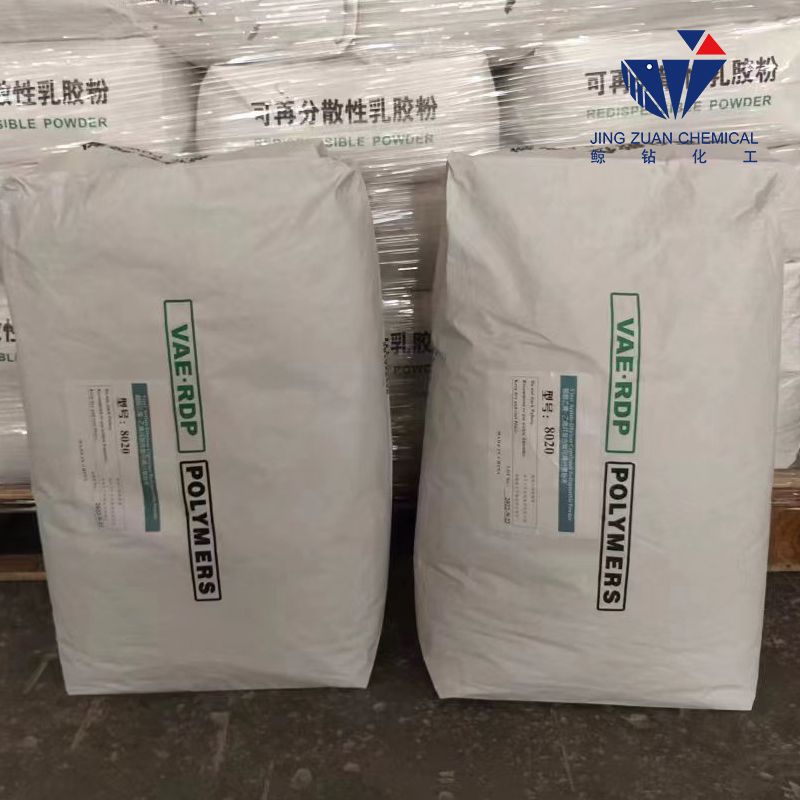
des . 05, 2024 20:13 Back to list
applications of redispersible polymer powder
Applications of Redispersible Polymer Powder
Redispersible polymer powder (RDP) is a versatile material that has gained significant attention in various industries due to its unique properties and benefits. This powder is derived from water-based polymer emulsions and is designed to be redispersed in water, forming a homogeneous polymer film upon drying. The applications of RDP are vast, but they primarily span across construction, coatings, adhesives, and sealants, each benefiting from its distinct characteristics.
1. Construction Industry
In the construction sector, RDPs are widely used to enhance the performance of cement-based materials. They improve the flexibility, adhesion, workability, and water resistance of products like tile adhesives, repair mortars, and renders. When RDP is added to these mixtures, it forms a continuous film that helps in minimizing crack formation by allowing slight movements in the substrate. This property is particularly valuable in areas subject to thermal expansion and contraction. Furthermore, RDPs enhance the bonding strength of materials, ensuring better adhesion to various substrates, including concrete, plaster, and ceramics.
2. Coatings and Painting
Another significant application of redispersible polymer powders lies in the coatings and painting industries. RDPs are used to formulate paints that have excellent adhesion properties, improved durability, and resistance to weathering. Incorporating RDPs in coating formulations allows for the production of flexible and resilient paint films that perform well under diverse environmental conditions. Moreover, they contribute to a higher gloss finish and better scrub resistance, making them suitable for residential and industrial applications alike. The ability to redispersed means that the powders can be easily integrated into existing formulations, enhancing their performance without compromising on application methods.
3. Adhesives and Sealants
.applications of redispersible polymer powder

In the realm of adhesives and sealants, redispersible polymer powders are indispensable. They provide critical enhancements such as improved elasticity and bonding strength, making them ideal for use in various applications including flooring adhesives, wall coverings, and construction sealants. RDPs improve the workability of these adhesives, allowing for better manipulation during application. The toughness imparted by RDP ensures that the adhesive maintains its effectiveness over time, even under conditions of stress and movement. Additionally, because they enhance the water resistance of sealants, RDPs play a vital role in preventing moisture ingress, which can be detrimental in many applications.
4. Textile and Non-woven Applications
Beyond construction and coatings, RDPs are utilized in the textile industry, particularly in the production of non-woven fabrics. Here, they serve as binders that provide cohesion to the fibers during the manufacturing process. The incorporation of redispersible polymer powders into the non-woven fabric formulations improves the fabric’s strength, resilience, and water resistance. The flexibility and durability imparted by RDPs also enhance the overall performance of textiles, making them suitable for a diverse range of applications, including hygiene products, medical textiles, and automotive materials.
5. Composite Materials
The use of RDPs in the production of composite materials has also gained traction. When integrated into composite formulations, these powders enhance attributes such as adhesion between different substrates, overall mechanical stability, and water resistance. This makes them particularly valuable in applications such as pre-fabricated panels, composite boards, and even in advanced multi-material applications where weight reduction is critical. The ability of RDPs to redispersed means that they can be adapted to various composite systems to achieve optimal performance.
Conclusion
The applications of redispersible polymer powders are diverse and reflect their crucial role across various industries. In construction, they enhance the performance of adhesives, sealants, and mortars. In coatings, they contribute to improved durability and resilience of finishes. In textiles, they provide binding and cohesiveness to non-woven fabrics. The versatility of RDPs, along with their ability to redispersed in water, allows for ease of integration into numerous formulations, greatly enhancing the performance characteristics of final products. As industry demands evolve, the continued development and application of redispersible polymer powders will likely hold significant potential in driving innovation across multiple sectors.
-
Unlocking the Benefits of HPMC Products: A Gateway to Versatile Applications
NewsAug.07,2025
-
Unleashing the Potential of HPMC Ashland: A Comprehensive Look
NewsAug.07,2025
-
Tile Bonding Cellulose: The Key to Superior Adhesion and Durability
NewsAug.07,2025
-
Hydroxypropyl Methylcellulose Powder: The Versatile Component in Modern Pharmaceuticals
NewsAug.07,2025
-
Hydroxyethyl Cellulose: The Versatile Solution for Various Industries
NewsAug.07,2025
-
Hydroxyethyl Cellulose (HEC): The Versatile Polymer for Various Applications
NewsAug.07,2025







